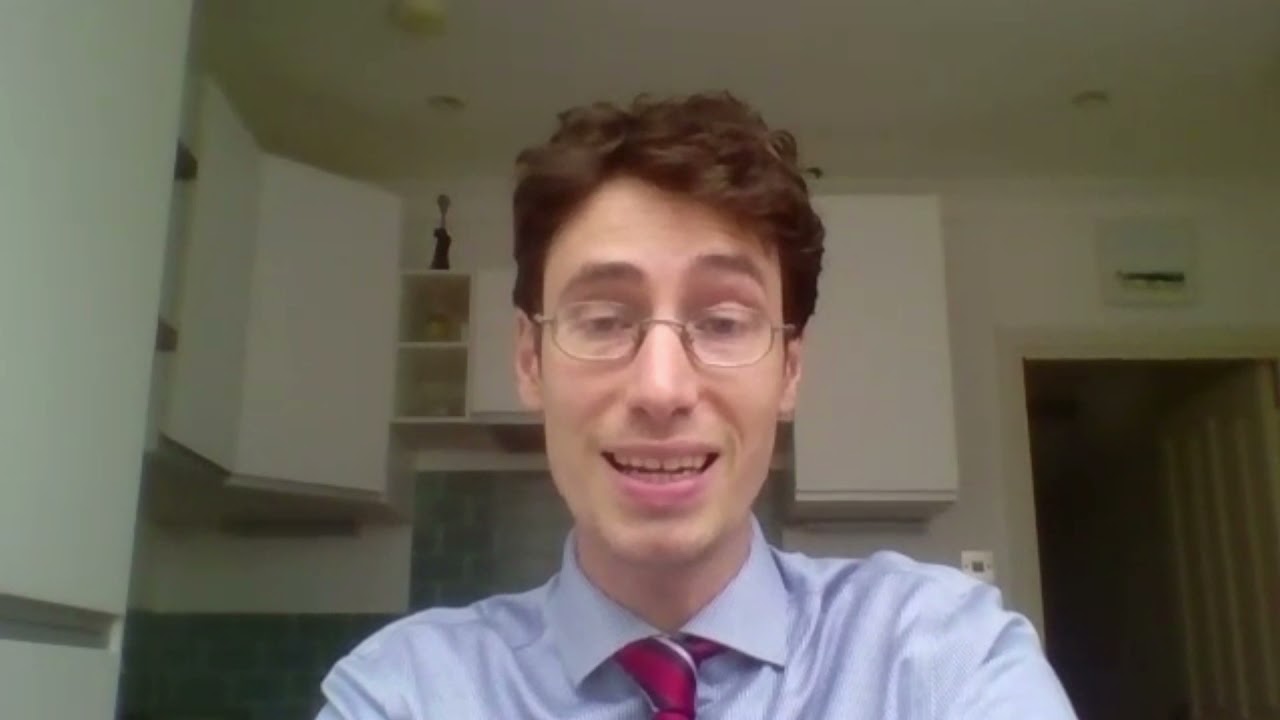
This course provides an overview of arrhythmogenic right ventricular and biventricular cardiomyopathy, with emphasis on genetic mechanisms, arrhythmic risk, and diagnostic strategies. Participants will explore medical, ablation, and device-based therapies, as well as recommendations for lifestyle modification and exercise restriction.

This course provides a comprehensive exploration of arrhythmogenic cardiomyopathy, with emphasis on its genetic underpinnings, pathophysiology, and variable clinical expression. Participants will review the diagnostic role of advanced imaging, electrophysiological assessment, and genetic testing. Management strategies including pharmacotherapy, implantable cardioverter-defibrillators, catheter ablation, and lifestyle modification will be critically appraised, with a focus on prevention of sudden cardiac death and optimisation of long-term outcomes.

Medibuddy Academy offers an exceptional range of courses that are both clinically relevant and thoughtfully designed. The platform’s flexibility allows me to keep learning alongside a demanding schedule. It's a must-have for any medical professional committed to continuous improvement.
This course is delivered by a distinguished faculty of cardiologists, electrophysiologists, geneticists, and imaging specialists who are internationally recognised leaders in the study and management of arrhythmogenic cardiomyopathy. With expertise spanning from molecular genetics to advanced interventional therapies, the faculty bring an integrated perspective that reflects the multidisciplinary nature of modern cardiology. Their academic contributions, extensive clinical experience, and involvement in guideline development ensure that participants benefit from authoritative, evidence-based teaching at the forefront of the field.
Consultant Cardiologist
Dr Finocchiaro is currently a Cardiology Consultant at Royal Brompton and Harefield Hospital and Honorary Senior Lecturer at St George’s University of London. He won several awards and grants for his research and he was a finalist for the European Society of Cardiology Young Investigator Award in 2015. Dr Finocchiaro published several papers in highly ranked international journals.

Associate professor of Cardiology
Prof. Alessandro Zorzi, MD, PhD, is Professor of Cardiology at the University of Padua and consultant at the University Hospital of Padua. An internationally recognised expert in sports cardiology, inherited cardiomyopathies, and sudden cardiac death, he has authored over 150 peer-reviewed publications and leads clinical and research programmes in electrophysiology, arrhythmia risk stratification, and advanced cardiac imaging.
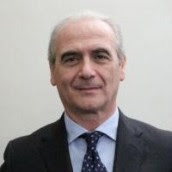
Professor of Cardiovascular Medicine
Prof. Domenico Corrado, MD, PhD, is a Full Professor of Cardiovascular Medicine at the University of Padua and Director of the Inherited Arrhythmic Cardiomyopathy Unit. An internationally recognised leader in sports cardiology and inherited arrhythmias, he has authored over 300 peer-reviewed publications and contributed to major international guidelines. His research focuses on sudden cardiac death prevention, genotype–phenotype correlations, and the clinical management of cardiomyopathies. Prof. Corrado has played a pivotal role in advancing the understanding and treatment of arrhythmogenic cardiomyopathy.
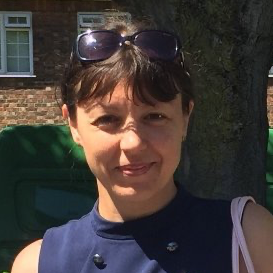
Consultant Cardiologist
Dr. Anna Marciniak is a highly respected Consultant Cardiologist based at St George’s University Hospitals NHS Foundation Trust in Tooting, London. With over 20 years of experience in cardiology, she specialises in advanced cardiac imaging and the management of a wide range of heart conditions. Dr. Marciniak is an expert in echocardiography, cardiac MRI, and has a particular interest in valvular heart disease and heart valve surgery. She is also experienced in diagnosing and treating conditions such as hypertension, palpitations, heart failure, coronary artery disease, arrhythmias, and chest pain.
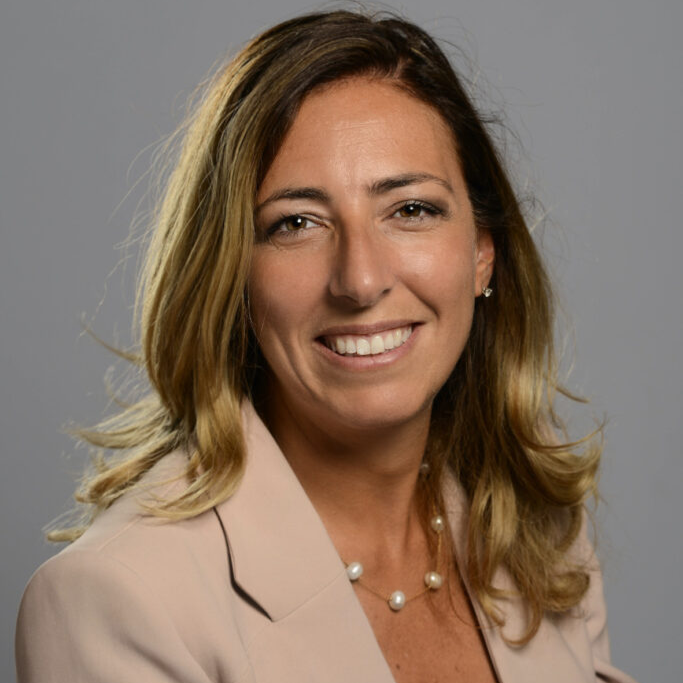
Consultant cardiologist
Professor Bucciarelli-Ducci is an key, international opinion leader on the use of CMR in cardiovascular medicine and has over 20 years of clinical experience and expertise, having performed over 30,000 scans to date. Her career focuses on improving the care of patients by improving the identification of heart abnormalities in a wide range of conditions and symptoms, leveraging her expertise but also through research and innovation. She believes on the importance of an accurate diagnosis which leads to improved patient management and thus prognosis.
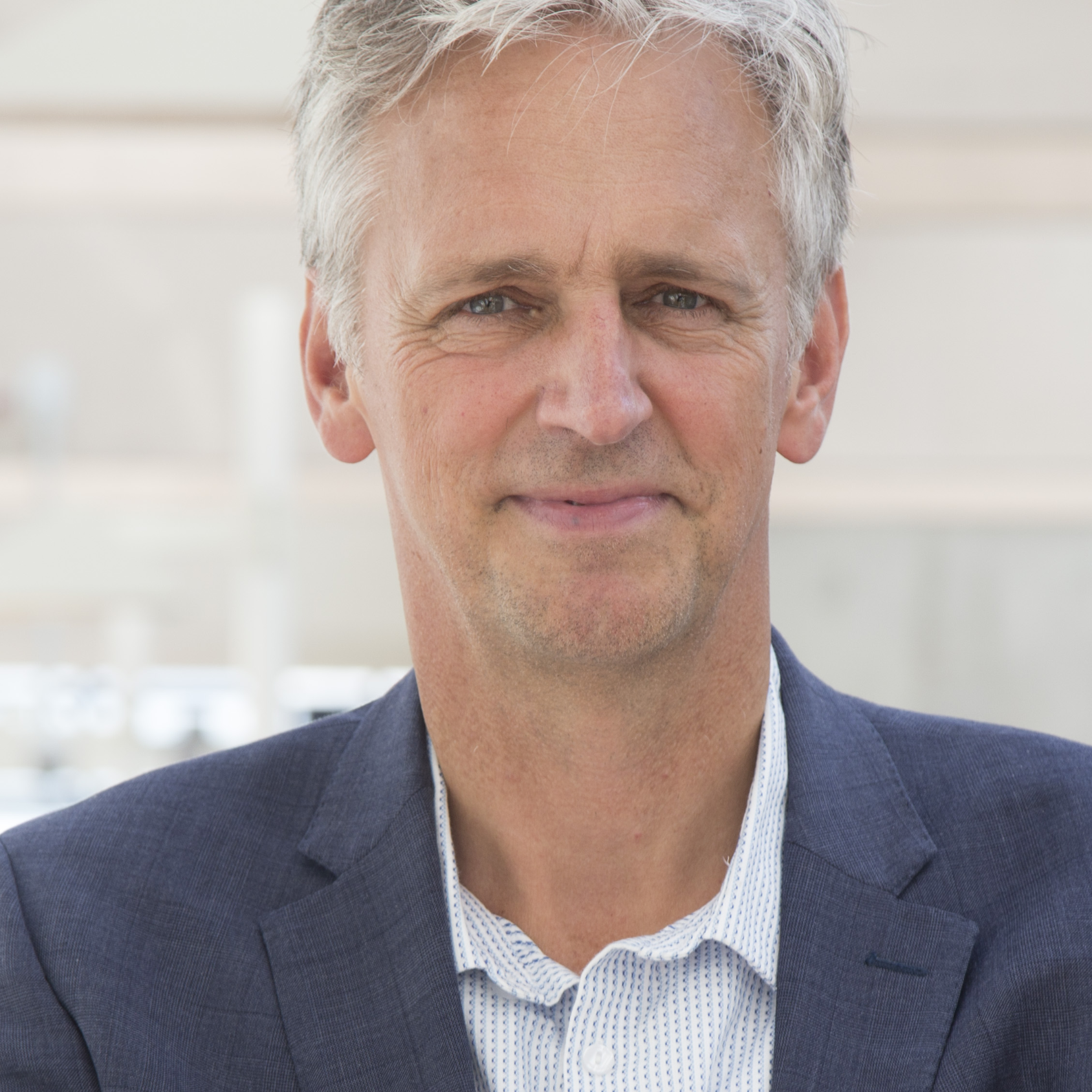
Principal Investigator at University Medical Center Utrecht
-
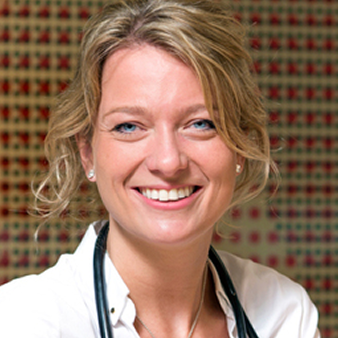
Cardiologist
Dr. Anneline te Riele is a cardiologist at UMC Utrecht. She has more than 5 years of experience in ACM research, obtained her doctorate on this subject, and has worked in the United States for several years with ACM experts at Johns Hopkins Hospital in Baltimore. With her international background she tries to strengthen the results of her research through good cooperation. Her main interest is in (family) screening, diagnostics, and better assessment of the risk of sudden cardiac death in ACM patients.
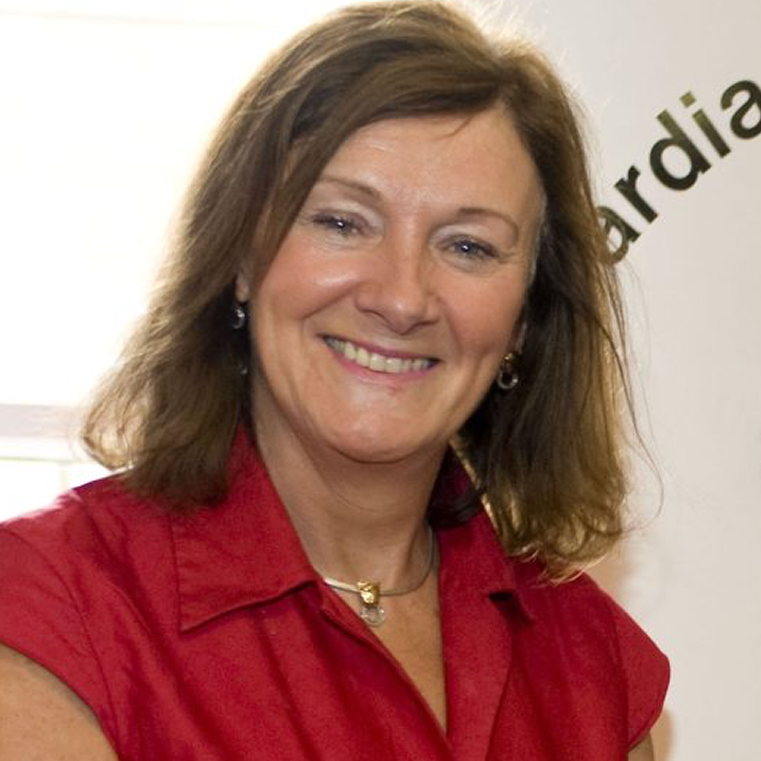
Professor of Cardiac Pathology
Professor Mary Sheppard is a cardiac pathologist with a national and international reputation. Professor Sheppard's main area of interest are the cardiac conditions that cause sudden death in young people which are mainly inherited, such as sudden arrhythmic death, cardiomyopathies including dilated cardiomyopathy, hypertrophic cardiomyopathy, arrhythmogenic cardiomyopathy and idiopathic hypertrophy. She works closely with cardiac genetics to examine phenotype/genotype expression. She also has an interest in cardiac development, anatomy and congenital heart disease.
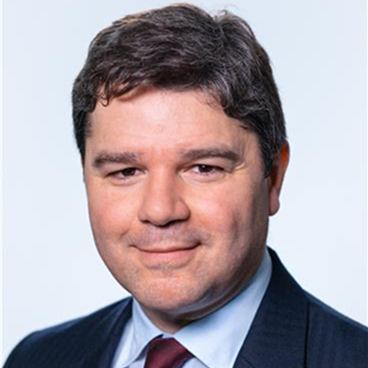
Consultant Cardiologist (Electrophysiology)
Dr Saba’s expertise spans medical and ablative therapies for atrial and ventricular arrhythmias, as well as cardiac rhythm device implantation. Internationally recognized as an expert in the field of ventricular arrhythmias, Dr Saba is a regular faculty member at the major arrhythmia conferences and is a European Heart Rhythm Association Ventricular Tachycardia Course Co-Director. He is the Founding Chairman of the annual London Ventricular Tachyarrhythmia Symposium since 2010 and Director of the Advanced Ventricular Arrhythmia Training and Research (AVATAR) program at St. George's University Hospital. His latest research involves the use of cardiac modelling and digital twins in scar-dependent ventricular tachycardia ablation.
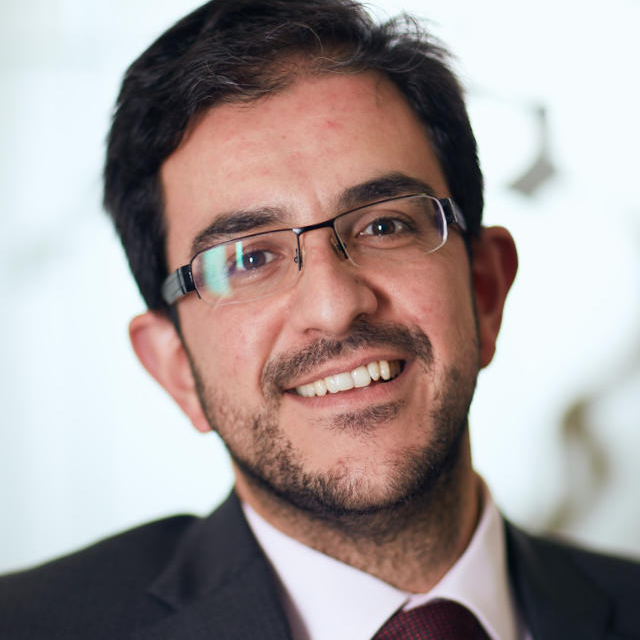
Consultant Cardiologist
Professor Michael Papadakis is a revered consultant cardiologist in London who specialises in sports cardiology, preventive cardiology, inherited cardiac conditions, heart failure, and cardiac MRI. He is also an honorary consultant cardiologist at St George's University Hospitals NHS Foundation Trust and a professor of cardiology at St George's, University of London. Using his vast experience and expertise, Professor Papadakis has contributed to numerous educational and research projects, such as the creation of the European curriculum for the study of sports cardiology and preventive cardiology, the creation of the ECG criteria for evaluating athletes, and the guidelines for participation in sport and exercise of individuals with heart disease.
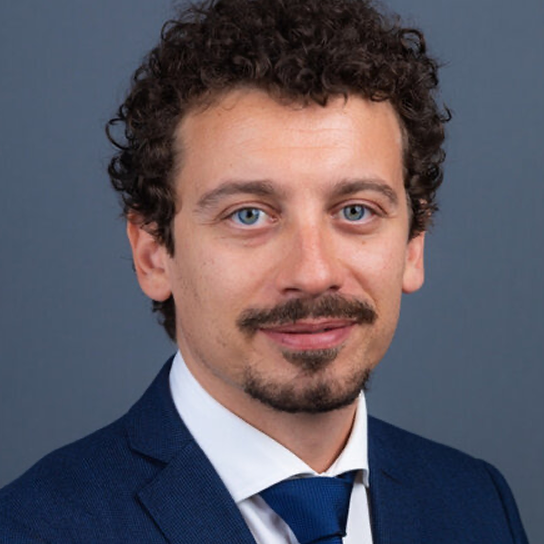
Associate Professor at University of Siena
Prof. Flavio D'Ascenzi, MD, Ph.D., FESC, has a position as an Associate Professor and a Director of Postgraduate School in Sports Medicine & Exercise and is currently working at the Department of Medical Biotechnologies, Division of Cardiology, University of Siena, Siena, Italy. He is also a clinical assistant professor at the University of Pittsburgh, USA. He graduated in Medicine in 2008 at the University of Siena where he obtained a post-degree specialization in Cardiology in 2014. He obtained a PhD in Medicine at the University of Umea, in Sweden. He is also a Chair of the European Nucleus of Sports Cardiology and Exercise of the European Association of Preventive Cardiology (EAPC). His clinical and research activities are mainly dedicated to Sports Cardiology, with a focus on sudden cardiac death, cardiomyopathies, channelopathies, and exercise prescription.
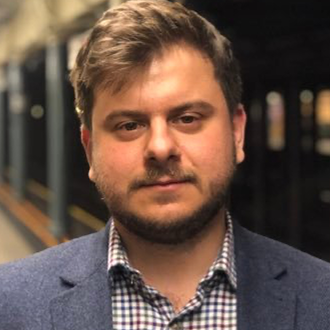
Research Associate
Clinician and researcher with focus on heart muscle disease and particularly Arrhythmogenic Cardiomyopathy.
Gain insights from internationally recognised professors and leading specialists in aesthetic and reconstructive surgery.
Master the fundamentals of laser science, clinical applications, and best-practice safety protocols in a structured programme.
Translate theory into practice with evidence-based guidance designed for real-world surgical and aesthetic settings.
Explore medical therapies, ablation, and device-based interventions for arrhythmia management.
The syllabus is designed to guide participants from foundational principles to advanced clinical practice. Core modules cover the molecular and genetic basis of arrhythmogenic cardiomyopathy, diagnostic evaluation with ECG and multimodality imaging, and risk stratification for sudden cardiac death. Applied modules address pharmacological therapy, device implantation, ablation techniques, and the role of lifestyle interventions. The course concludes with sessions on emerging therapies and ongoing research directions, equipping participants with the knowledge to deliver state-of-the-art patient care.
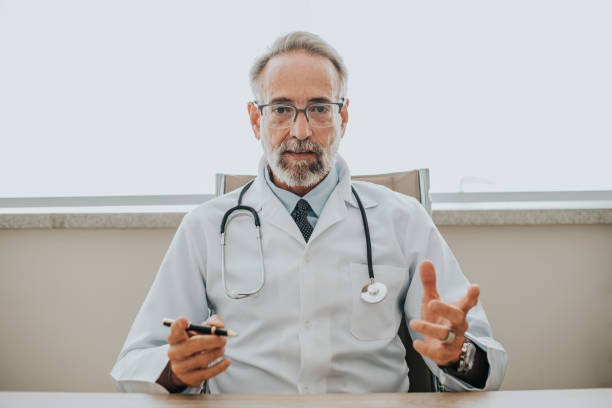
Module 1
An overview of arrhythmogenic cardiomyopathy, outlining its clinical spectrum, historical context, and current definitions.
 Prof. Alessandro Zorzi
Prof. Alessandro Zorzi

Module 2
Covers disease mechanisms, diagnostic criteria, and the integration of clinical, imaging, and genetic data.
 Prof. Domenico Corrado
Prof. Domenico Corrado

Module 3
Focuses on characteristic electrocardiographic features and their role in early detection and risk assessment.
 Dr Gherardo Finocchiaro
Dr Gherardo Finocchiaro
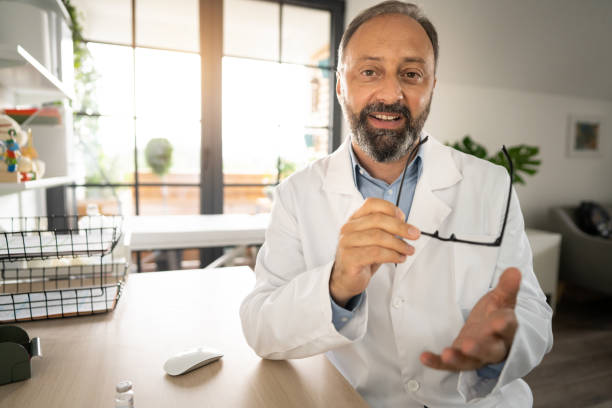
Module 4
Explores the echocardiographic hallmarks of ACM, including structural and functional abnormalities.
 Dr Anna Marciniak
Dr Anna Marciniak

Module 5
Highlights the role of cardiac MRI in tissue characterisation, diagnosis, and risk stratification.
 Associate Prof. Chiara Bucciarelli-Ducci
Associate Prof. Chiara Bucciarelli-Ducci

Module 6
Reviews genetic testing, variant classification, and the implications for patient and family management.
 Prof. J. Peter van Tintelen
Prof. J. Peter van Tintelen

Module 7
Provides strategies for evaluating relatives, identifying at-risk individuals, and guiding clinical follow-up.
 Prof. Anneline te Riele
Prof. Anneline te Riele

Module 8
Examines arrhythmic mechanisms, risk prediction models, and preventive interventions including ICD therapy.
 Prof. Mary Sheppard
Prof. Mary Sheppard
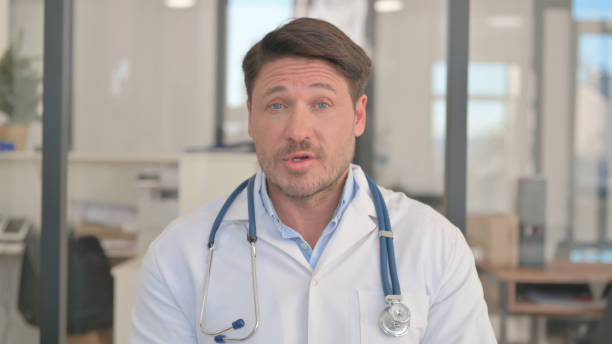
Module 9
Offers a pathological perspective on arrhythmic sudden death, with insights into diagnostic findings and mechanisms.
 Prof. Magdi Saba, MB BCh, MSc, MD
Prof. Magdi Saba, MB BCh, MSc, MD
